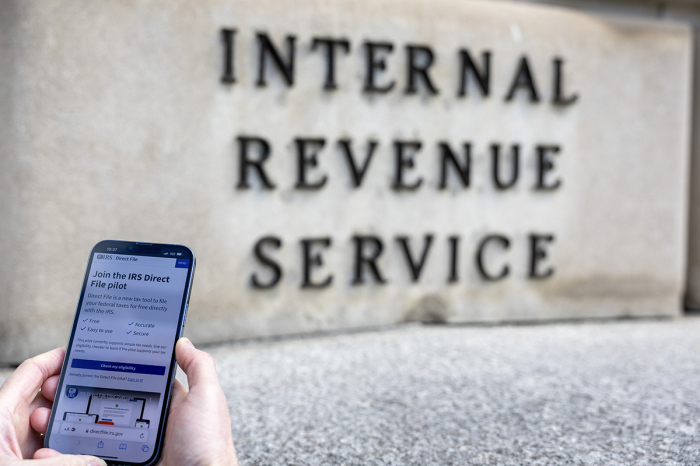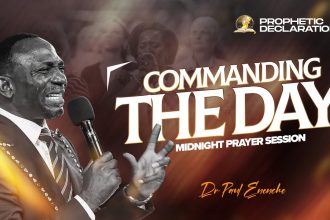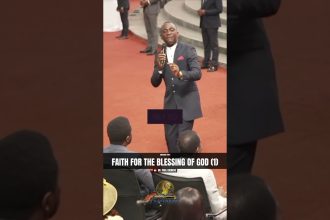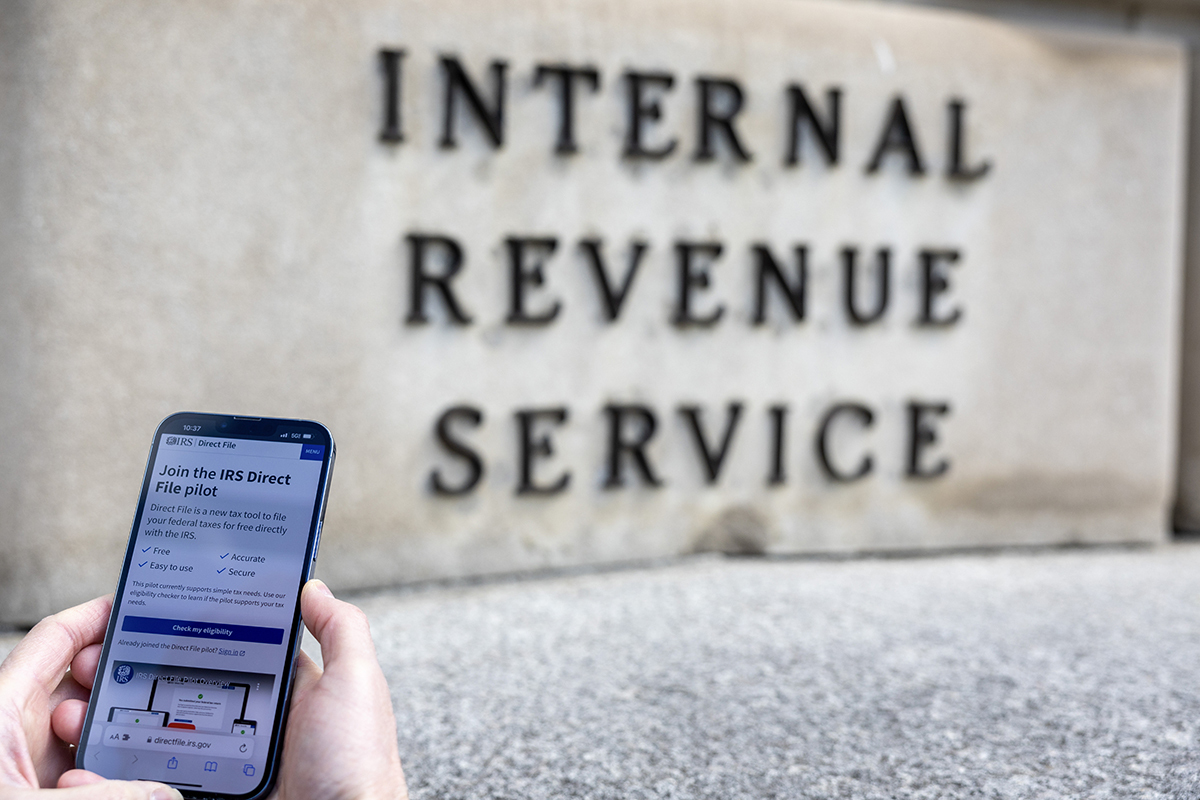
The Internal Revenue Service has ended its investigation of a Florida church accused of violating its tax-exempt status by praying for a local school board candidate during worship service.
Lawyers with the First Liberty Institute announced Monday that the IRS informed New Way Christian Fellowship, Inc. of Palm Coast in a letter last month that the church will remain exempt from federal income taxes under Internal Revenue Code 501(c)(3).
“First Amendment rights don’t end when a pastor, church member or even a political candidate steps on the platform of a church,” FLI Senior Counsel Jeremy Dys, who helped represent New Way, stated in a statement.
“We are pleased that the IRS not only closed its investigation, but affirmed that this church’s activities of praying for political candidates during its church service do not threaten its tax-exempt status.”
In 2022, Jill Woolbright, a local school board candidate, visited New Way and addressed the congregation during a worship service, with a clergyman praying for the person following her remarks. Her visit to New Way and two other churches at the time gained local media attention. She was quoted as saying that she believes God put her on the school board and that she is fighting “satanic warfare.”
The IRS sent a letter to New Way in June 2024 stating that the church was under investigation for possibly violating their tax-exempt status. Under section 501(c)(3) of the federal tax code, tax-exempt charitable organizations are not allowed to “influence legislation” or “participate in any campaign activity for or against political candidates.”
“Our concerns are based on information we are in possession of indicating that you may have conducted political campaign intervention activities which are prohibited,” stated the June 2024 IRS letter to New Way.
Last August, FLI and the law firm Jones Day sent a letter to the IRS, arguing that the church was within its First Amendment rights to allow the school board candidate to speak at the service and that the agency’s inquiry is “inappropriate.”
“The IRS’s inquiry into New Way thus runs headlong into the First Amendment,” they stated. “If more were somehow needed, revoking a church’s tax-exempt status, based solely upon a sermon or address to the congregation during a worship service or church gathering, appears to be unprecedented in American history.”
In 1954, Congress approved an amendment by then Sen. Lyndon Johnson, D-Texas, to bar 501(c)(3) organizations — namely charities and churches — from political campaign activity.
Known as the Johnson Amendment, the measure has garnered much criticism from conservative Christians in recent years, with some arguing that it unfairly limits the speech of religious entities.
Although President Donald Trump signed an executive order in 2017 calling on the IRS to relax enforcement of the Johnson Amendment, the measure has not been officially repealed by Congress.








